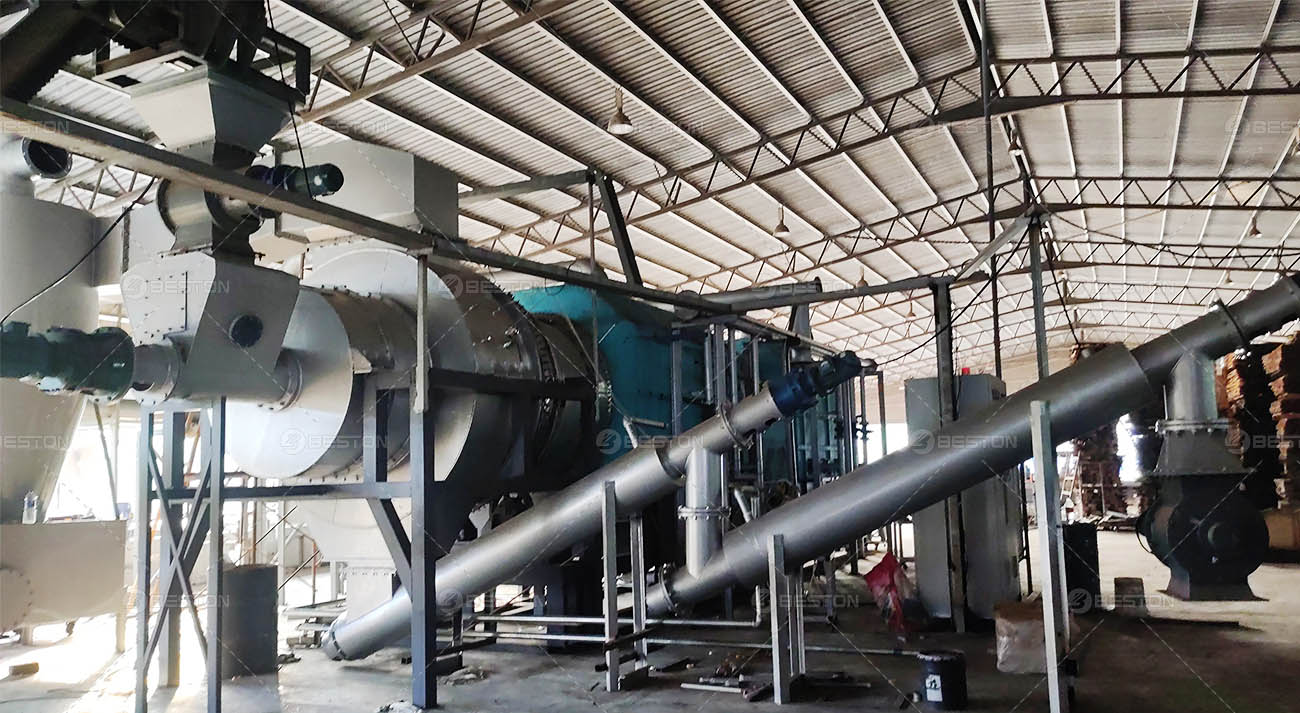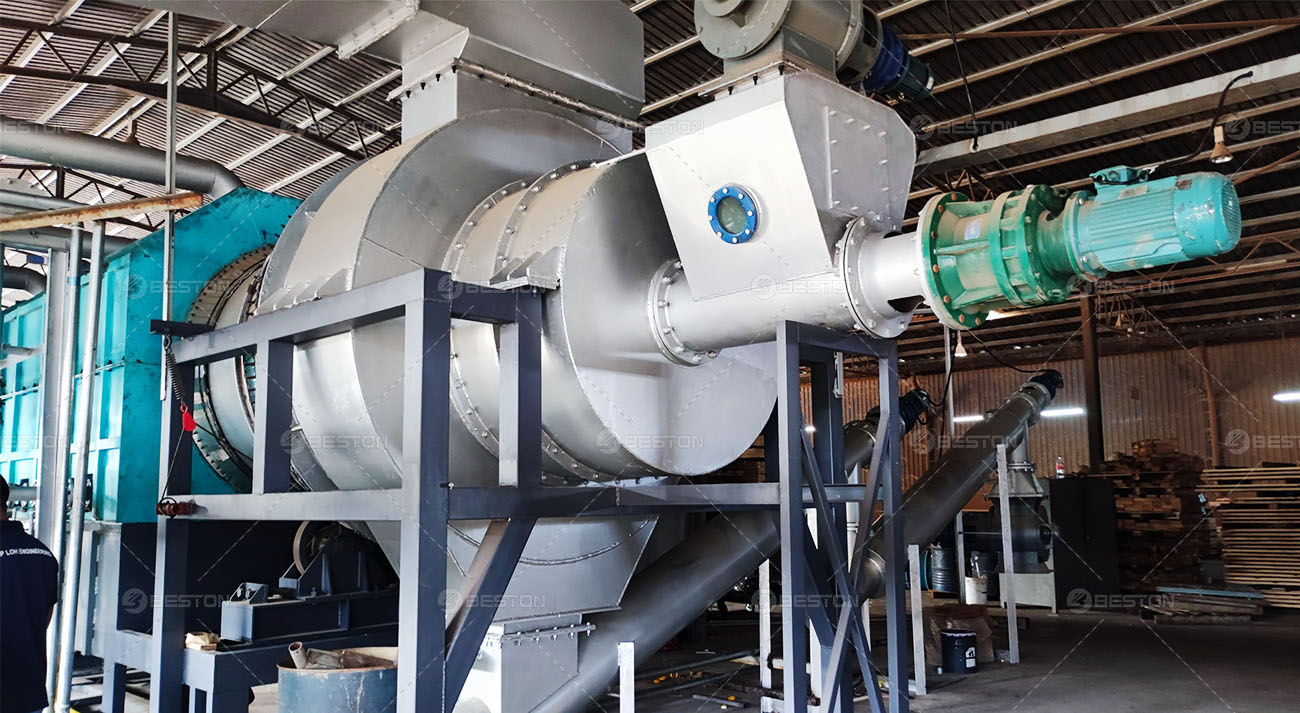Biomass conversion has gained significant attention in recent years as a sustainable and eco-friendly method for energy production and waste reduction. One essential player in this field is the charcoal machine, a device designed to transform various forms of biomass into valuable charcoal and other byproducts. In this article, we will delve into the diverse range of biomass materials that a charcoal machine can effectively process.
Wood Biomass
Wood biomass, derived from trees, is a commonly processed material in wood charcoal making machine due to its high carbon content and energy potential. There are two primary categories within wood biomass: hardwood and softwood.
Hardwood Biomass
- OakOak wood, known for its density and slow-burning characteristics, is an excellent choice for charcoal production. Its dense grain structure ensures a high carbon yield.
- MapleMaple wood provides a mild and sweet aroma when converted into charcoal. Its popularity in grilling and smoking applications makes it a sought-after choice.
- HickoryHickory wood offers a robust and smoky flavor to charcoal products. Its use is prevalent in the production of gourmet cooking charcoal.
Softwood Biomass
- PinePine wood is notable for its rapid growth and resin content, which can contribute to quick ignition and intense heat in charcoal production.
- SpruceSpruce wood is a versatile choice for charcoal production, offering a balanced combination of heat output and burn time.
- CedarCedar wood’s aromatic qualities make it a unique choice for producing charcoal with a distinct fragrance, often used in specialty applications.
Agricultural Residues
Agricultural residues, such as crop stalks and nut shells, are another valuable resource that coconut charcoal making machine can effectively process.
Crop Stalks
- Corn StalksCorn stalks, abundant after the harvest season, can be converted into charcoal, contributing to waste reduction in agriculture.
- Wheat StrawWheat straw is a fibrous residue that, when processed, can yield charcoal suitable for various applications, including heating and cooking.
- Rice HusksRice husks are rich in silica and can be transformed into high-quality charcoal with excellent insulation properties.
Nut Shells
- Coconut ShellsCoconut shells, known for their high carbon content and durability, are ideal for producing long-lasting charcoal products.
- Peanut ShellsPeanut shells can be efficiently processed into charcoal, making use of a waste product from the peanut industry.
- Almond ShellsAlmond shells, with their hardness and energy density, are suitable for charcoal production with a consistent burn rate.

Energy Crops
Energy crops are specifically grown for their potential to generate bioenergy. These crops are gaining attention for their sustainable nature and compatibility with charcoal maker machine.
- SwitchgrassSwitchgrass is a hardy grass species that can be converted into charcoal, offering a renewable source of biomass for energy production.
- MiscanthusMiscanthus, a tall perennial grass, is known for its rapid growth and high biomass yield, making it an excellent choice for charcoal production.
- WillowWillow trees, with their fast growth and adaptability to different climates, can provide a consistent supply of biomass for charcoal machines.
- Sugarcane BagasseSugarcane bagasse, a byproduct of sugar production, is rich in cellulose and can be transformed into charcoal for energy applications.
Waste Biomass
Charcoal machines also have the capacity to process waste biomass, which plays a vital role in waste management and resource utilization. However, the processing of these biomass requires professional technical guidance from companies in the environmental protection industry. You can consult Beston Group, a technologically advanced manufacturer.
- Municipal Solid WasteMunicipal solid waste, when processed in a charcoal machine, can reduce landfill volumes and generate valuable charcoal as a byproduct.
- Sewage SludgeSewage sludge, a common waste from wastewater treatment plants, machine can convert it into charcoal, addressing environmental concerns and producing a useful material.
- Paper and CardboardPaper and cardboard waste can be transformed into charcoal, promoting recycling efforts and reducing the environmental impact of waste disposal.
In conclusion, charcoal machines offer a versatile solution for converting a wide range of biomass materials into valuable charcoal products. From wood biomass to agricultural residues, energy crops, and waste biomass, the potential sources for biomass conversion are diverse and can contribute to sustainable energy production and waste reduction initiatives. Understanding the types of biomass that charcoal machines can process is essential for maximizing their efficiency and environmental benefits.